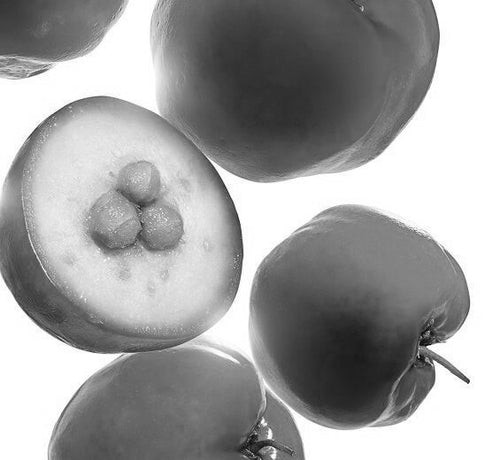How to protect your collagen
How to protect your collagen:
Let's dive into the wonderful world of collagen and learn how this essential protein impacts our skin's health and vitality.
Collagen, often referred to as the "fountain of youth," plays a crucial role in keeping our skin supple, smooth, and youthful. But much to our disappointment, as we age, collagen production naturally declines, leading to visible signs of aging.
So let’s explore why and how we lose collagen and, more importantly, discover ways to maintain and support collagen production in our bodies.
Why Do We Lose Collagen?
Before we delve into maintaining collagen, let's understand why its levels decrease as we age. Our bodies possess a remarkable ability to produce collagen, which acts as the structural foundation for our skin, bones, tendons, and ligaments.
However, starting in our mid 20s or early 30s, collagen synthesis gradually declines. This decline accelerates as we reach our 40s and beyond, resulting in visible changes like fine lines, wrinkles, sagging skin, and reduced elasticity.
Factors that may affect Collagen Loss:
There are several factors contribute to the loss of collagen, including…
- Aging: As mentioned, the natural aging process leads to decreased collagen production.
- Sun Exposure: Excessive UV exposure damages existing collagen and inhibits its synthesis.
- Unhealthy Lifestyle Choices: Smoking, poor nutrition, inadequate sleep, and stress can deplete collagen levels.
- Hormonal Changes: Decreased estrogen levels during menopause can affect collagen production.
- Environmental Toxins: Pollution and environmental toxins can harm collagen fiber's over time.
So what can we do to help maintain our levels of collagen?
While we can't halt the aging process entirely, we can certainly take proactive steps to maintain and support collagen levels for radiant, youthful skin. Let's explore some key strategies:
Nourish Your Body
A healthy, balanced diet rich in collagen-boosting nutrients can work wonders. Incorporate foods like bone broth, fish, lean meats, berries, citrus fruits, leafy greens, nuts, and seeds into your meals. These are rich in amino acids, antioxidants, vitamins (C and E), and minerals (copper and zinc) essential for collagen synthesis.
Protect from Sun Damage:
Shield your skin from harmful UV rays by using broad-spectrum sunscreen, wearing protective clothing, and seeking shade during peak sun hours. By minimizing sun damage, you can preserve existing collagen and prevent premature aging.
Hydrate Inside and Out:
Proper hydration is vital for maintaining healthy skin and collagen production. Drink plenty of water throughout the day, and consider incorporating a quality moisturiser or serum that hydrates and nourishes your skin's outer layers.
Consider Collagen Supplements:
Collagen supplements, available in various forms such as powders, capsules, and liquids, can provide a convenient boost. Look for high-quality, bioavailable collagen products that contain types I and III collagen, as they are most abundant in the skin.
Adopt a Skincare Routine:
Establish a skincare regimen that promotes collagen synthesis and protects your skin. Cleanse gently, exfoliate regularly to remove dead skin cells, and moisturise to keep your skin hydrated and supple. Additionally, look for skincare products enriched with collagen-boosting ingredients like retinol, vitamin C, peptides, and hyaluronic acid.
Manage Stress:
Chronic stress accelerates collagen breakdown, so make self-care a priority. Engage in activities that help you unwind and relax, such as meditation, yoga, deep breathing exercises, or pursuing hobbies you enjoy. A calm mind promotes a healthy body and radiant skin.









